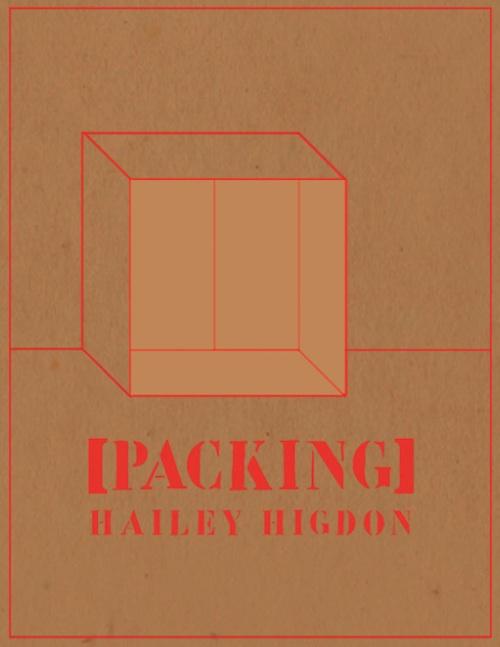Entire Worlds Hidden in Hailey Higdon's [PACKING]

Rob Mclennan's notes on poetry for mid-July include writing on Hailey Higdon's recent chapbook, [PACKING] (Bloof Books 2012), which we also admire:
...From publishing collective Bloof Books comes Hailey Higdon’s [PACKING], a small chapbook produced in a numbered edition of one hundred copies.
Any Day Bill any day now remind me any day now Bill I’m gonna get me a house a good mortgage when the money comes in you and me BillEven before I saw her previous chapbook, How to Grow Almost Everything (Agnes Fox, 2011) [see my review of such here], I’ve been intrigued by the writing of American poet Hailey Higdon, who is, as she claims, “affiliated with many states and many homes.” Higdon’s poems almost have the quality of what Andrew Suknaski called “loping, coyote lines,” composing long, conversational lines that extend out against and over the horizon. Through her poems, Higdon composes sweeping poems that set entire scenes and scenarios, conversationally writing observations and monologues in an intriguing exploration of voice. Unlike, say, Ottawa poet Stephen Brockwell’s explorations into voice through his “Impossible Books” project, Higdon’s are closer to considerations of theatre, writing out not a singular voice of a moment, but the voice of an entire story, far broader and deeper than her poems specifically say, but certainly suggest. Consider two lines of the four-page poem, “When,” that read:
Do you know that since you visited I haven’t flushed my toilet? It’s the little things that add up.There are entire worlds hidden and buried deep within the poems of Hailey Higdon.
Why Not Minot if given a place to stay some chips some discipline the discipline of a situation it and how it is unfurling in a regulated way what you’re supposed to do and when does not not follow like a fallen hat, dead soldier, one of the socks older doesn’t provide any new chances to kick a habit easier bad habits follow in the idea that we enjoy pain, enjoy suffering, I seek it try to explain why how this enjoyment makes me a more motivated person or why it takes three women to warm the car and one ice-block to freeze the bed, one oven to cook it let’s split it, the difference I mean, that’s the way it crumbles five nickels, a dime, thirty-five cents and the common denominator thick as a brick, expected believing that people are good cookie-wise, I mean


